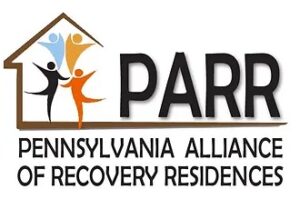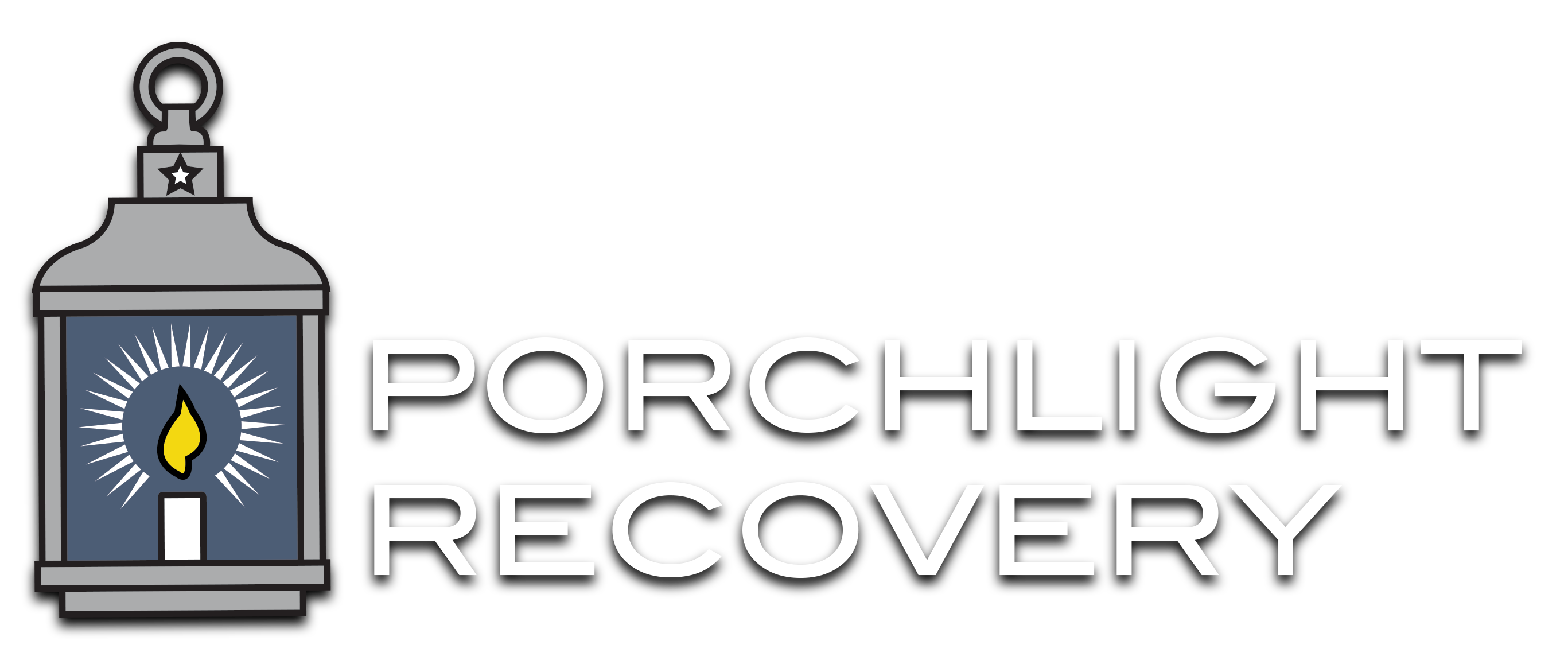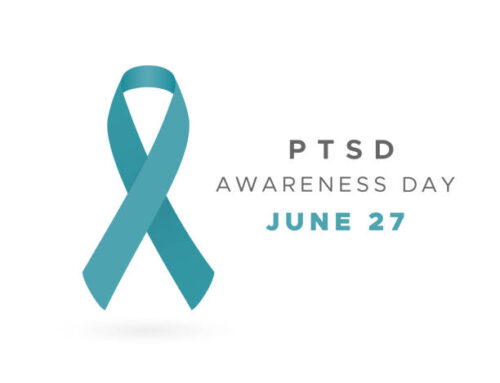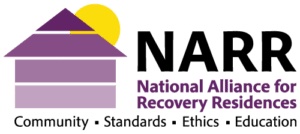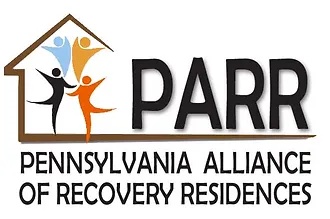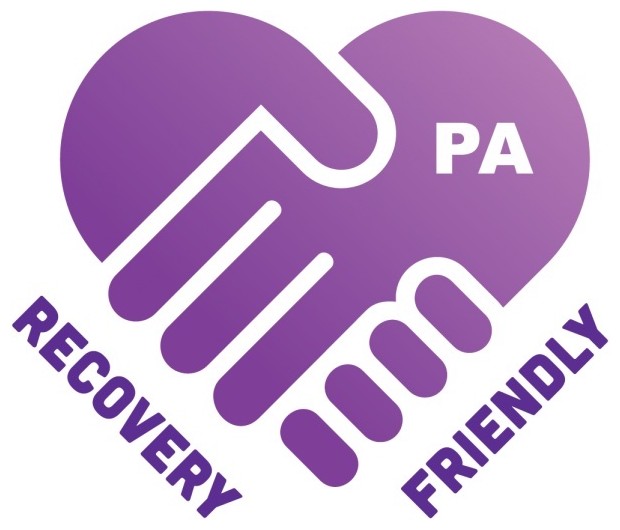Certified vs. Non-Certified Recovery Residences in Pennsylvania: How to Decide.
In Pennsylvania, people seeking recovery from substance abuse have a range of recovery residences to choose from. These places offer temporary housing and support as individuals work through their recovery journey. However, it’s crucial to understand the differences between certified and non-certified options when making this important decision.
Certified Residences:
Accrediting bodies and state agencies oversee and regulate Certified recovery residences in Pennsylvania. This means they have to meet specific standards and guidelines to ensure they provide safe, high-quality services. Certification indicates that these residences meet certain criteria, like having qualified staff, a structured program, safety measures, and ethical practices. This oversight protects the rights and well-being of residents.
Evidence-Based Practices:
Certified residences often use evidence-based practices in their programs. These may include therapies like cognitive-behavioral therapy, motivational interviewing, and strategies to prevent relapse. They also offer peer support models that have been proven effective for long-term recovery.
Residents in certified residences can expect to receive comprehensive support tailored to their needs. They have access to trained staff who use evidence-based interventions to help them in their recovery journey.
Access to Resources:
Certified recovery residences may have access to funding, grants, or partnerships with organizations that support their mission. This means residents can access additional resources and services like job training, education programs, mental health counseling, and healthcare.
Residents in certified residences benefit from a holistic approach to recovery that addresses their physical, mental, and social needs.
Non-Certified Residences:
Non-certified recovery residences operate independently and don’t have the same level of oversight and regulation as certified ones. While some still provide good care, others might lack proper protocols, staff training, or safety measures. Without regulation, there’s a risk of substandard conditions or unethical practices in non-certified recovery residences, which could compromise the safety and effectiveness of the recovery environment.
Varied Quality:
The quality of care in non-certified residences can vary widely. Some offer genuine support, but others might prioritize profit over residents’ well-being.
Without certification, it’s hard for individuals and families to gauge the quality of non-certified residences. This makes it crucial to do thorough research and get recommendations from trusted sources.
Limited Access to Resources:
Non-certified residences might have fewer resources, funding, or professional partnerships compared to certified ones. This means residents might have fewer opportunities for essential services like counseling, education, employment assistance, or medical care.
Residents in non-certified residences might need to rely more on community resources or support networks, which could affect the comprehensiveness and sustainability of their recovery journey.
Where Can A Certified/Accredited Recovery Residence Be Found?
In Pennsylvania, certified and non-certified recovery residences offer differing levels of oversight, quality, and access to resources for individuals seeking recovery from substance abuse. Certified residences adhere to established standards and practices, ensuring a higher level of accountability and support. Non-certified options may vary in quality and may lack certain resources or safeguards. It is highly encouraged to carefully evaluate options when choosing a recovery residence. Pennsylvania Alliance of Recovery Residences (PARR), National Alliance of Recovery Residences (NARR), and Pennsylvania’s Department of Drug and Alcohol Programs are the top agencies to search and compare Recovery Residences. At PorchLight Recovery, we are a proud member of all three entities and follow their codes and ethics to the highest standards.

